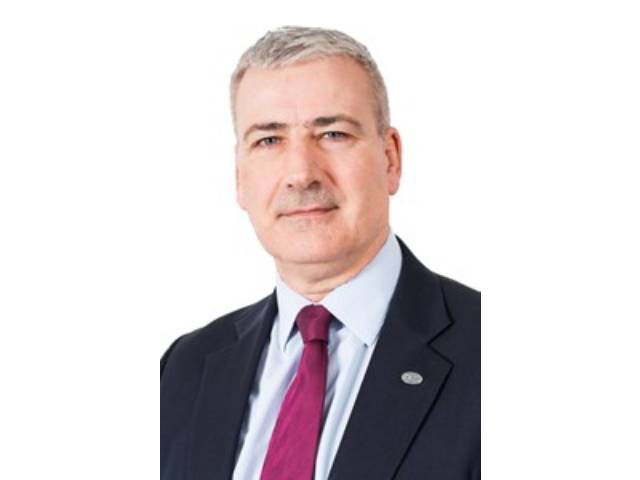The Oil Companies International Marine Forum (OCIMF), the voluntary association of oil companies, has today announced that it has overhauled its committee structure in order to focus its resources on identifying and mitigating issues of highest-risk to its members and to the marine industry as determined by its re-energised strategy.
While its scope of operations and remit remains the same, OCIMF’s strategy places a renewed emphasis on the way it identifies, analyses and assesses the issues that have the biggest impact on the safety of lives, the natural environment and property. Using a risks and barriers (or bowtie) methodology, a newly established risk advisory function within the OCIMF Secretariat is now responsible for identifying those risks that are most likely to impact on the activities of OCIMF members.
The reorganisation also provides a more reliable operational model for ensuring continual assessment, review and action in line with industry changes and emerging risks. This new approach is enabled through its realigned committee structure and the implementation of new ways of working, including a much wider collaboration with the entire membership. The changes will enable OCIMF and its members to share expertise more efficiently, engage a broader range of specialist input from across the industry, and respond with greater agility to developing risks.
Rob Drysdale, Managing Director, OCIMF, explains: “As a voluntary organisation, we depend upon the expertise and input of our member companies and partners in order to develop our best practice publications and inspection programmes, and to advocate these and global regulation successfully to the marine industry. We need to optimise this input by working in a more effective and efficient way by focusing our efforts on the issues OCIMF is best placed to address.
“By restructuring our committees to focus on fewer, but higher risk activities, and implementing new ways of working which will enable us to respond with greater agility in producing relevant best practice publications, programmes or advocacy, we believe OCIMF can deliver greater value for our members and the industry as a whole.”
OCIMF, which has consultancy status at the International Maritime Organization (IMO), leverages the expertise and experience of its 111 member companies and industry partners to develop publications, inspection programmes and advocacy work that has successfully advanced the safety of the industry. This has included the development of the Ship Inspection Report (SIRE) Programme, Offshore Vessel Inspection Database (OVID) and Tanker Management Self Assessment (TMSA) programmes, alongside books, guidelines and information papers, which are critical tools for the marine industry today.
OCIMF’s new committee structure comprises three Principal Committees which will drive the strategic priorities of the organisation and will convene specialist Expert Groups and Working Groups to deliver on specific outcomes. Four Functional Committees will feed sector-specific expertise on legal, human factors, environment and maritime security across all work conducted by the organisation. To ensure wide participation from the entire membership on safety-critical issues, Communities of Practice (CoPs) – virtual forums for members and industry stakeholders – will be convened to share knowledge and insight.
The new Committees and Expert Groups comprising representatives from its member companies and invited industry partners are currently being established.
Steve Alder, Strategy Implementation Manager, OCIMF, adds: “The new committee structure will enhance and diversify member engagement by making it easier for OCIMF and its members to collaborate more efficiently. Providing expertise to OCIMF will become far less resource-intensive and as a result OCIMF will be able to leverage a broader range of experience and expertise in the development of publications, programmes and advocacy for the benefit of the entire industry.”
OCIMF was formed in April 1970 in response to the growing public concern about marine pollution, particularly by oil, after the Torrey Canyon incident in 1967. Today, OCIMF’s membership includes every oil major in the world along with the majority of National Oil Companies.









































